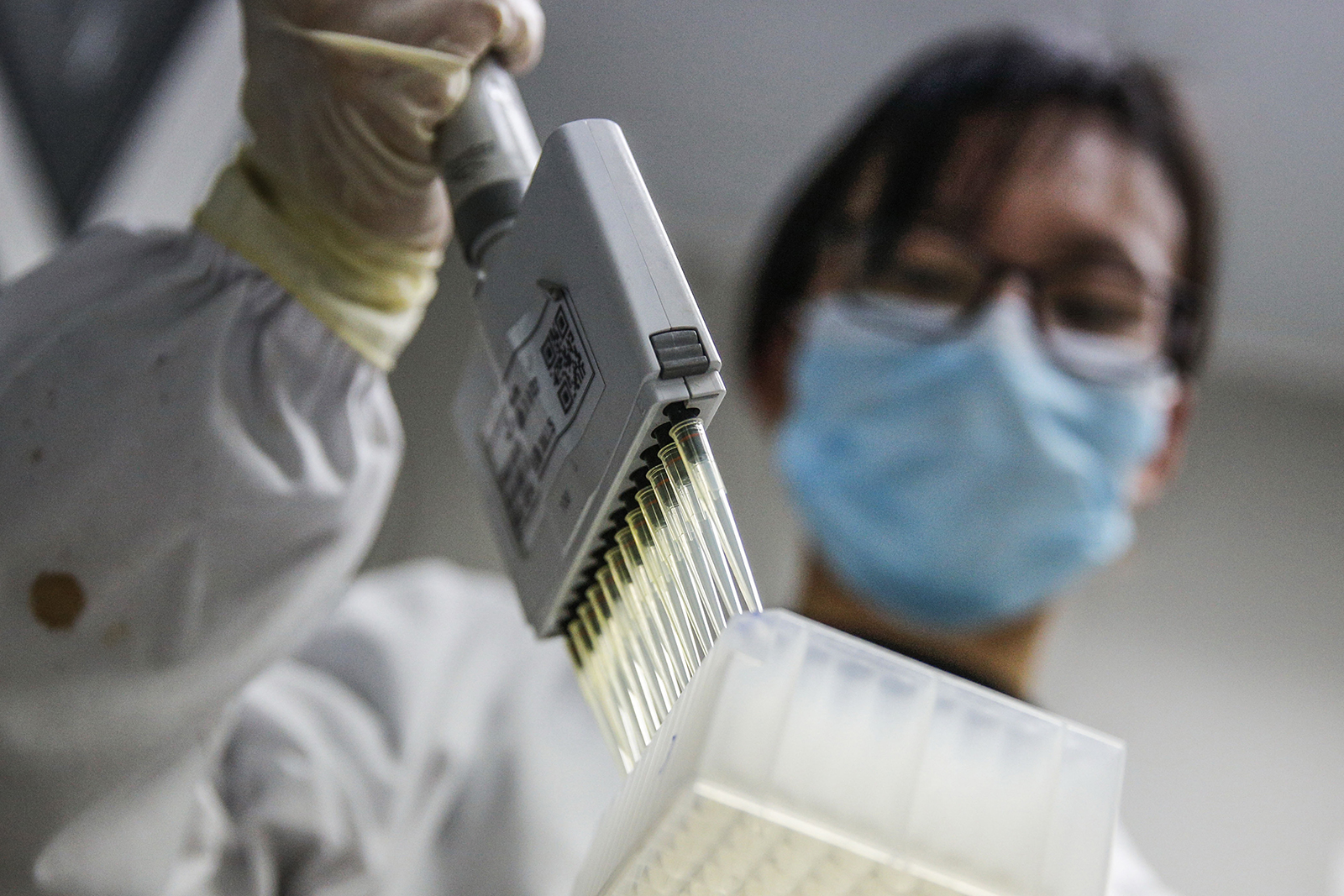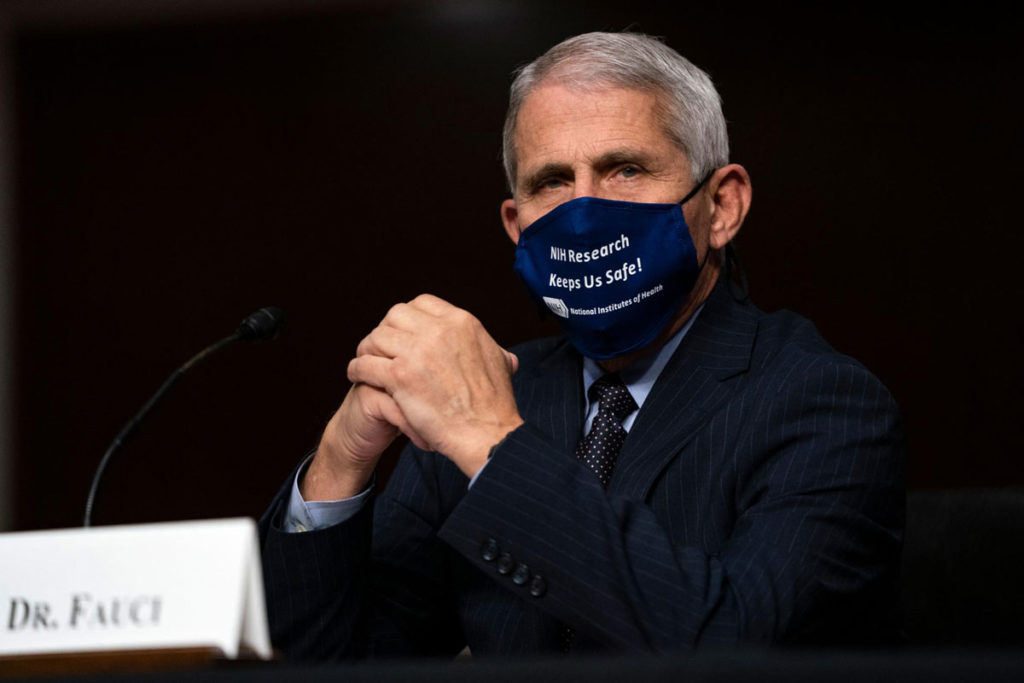
A mid-stage trial shows that a Chinese made Covid-19 vaccine seems to be safe, according to a study published in the Lancet Infectious Diseases Tuesday.
Sinovac, the Chinese company that makes the Coronavac vaccine candidate, tested it in a randomized controlled trial involving 700 healthy adult volunteers between April and May. None of the volunteers had a history of a Covid-19 infection. None had traveled in areas with a high rate of the disease.
Volunteers in the Phase 2 trial were divided into three groups. One group got a low dose of the vaccine, another got a higher dose and a third received a placebo.
This particular vaccine uses a chemically inactivated whole virus based on a sample taken from a patient in China. Most of the other coronavirus vaccines in development use biotechnology approaches to produce just a fragment of the virus. Using a whole, killed virus is an older, tried and true method that makes vaccine production slower and that doctors say can produce more side-effects.
The results: The vaccine was well tolerated at all the dose levels, and there didn’t seem to be any safety concerns, according to the researchers, which include experts from the Jiangsu Provincial Center for Disease Control and Prevention, China’s National Institutes for Food and Drug Control, and Sinovac.
The most common complaint was pain at the injection site. One volunteer in the high dose group had a severe allergic reaction within 48 hours of the first dose, which researchers said may be related to the vaccine, but the volunteer was treated for the reaction and recovered within three days. The same volunteer did not have a similar allergic reaction to the second shot.
Even at the lowest dose, volunteers who received the vaccine seemed to show a robust antibody response within 14 days of the second of two injections. The injections were given 14 days apart.
What about efficacy? The levels of antibodies produced by vaccination were lower than in the volunteers who were infected by, and had recovered from, Covid-19 during the trial, but the researchers said they still expected it could provide protection. The study wasn’t designed to determine how effective it was.
There may be advantages to this vaccine, according to one researcher who worked at the company that made it. This vaccine only needs standard refrigeration. It also may remain stable for up to three years in storage.
The company is continuing its trials to determine how effective the vaccine is.
You may also like
-
UK coronavirus variant has been reported in 86 countries, WHO says
-
NASA technology can help save whale sharks says Australian marine biologist and ECOCEAN founder, Brad Norman
-
California Twentynine Palms: Explosives are missing from the nation’s largest Marine Corps base and an investigation is underway
-
Trump unhappy with his impeachment attorney’s performance, sources say
-
Lunar New Year 2021: Ushering in the Year of the Ox

